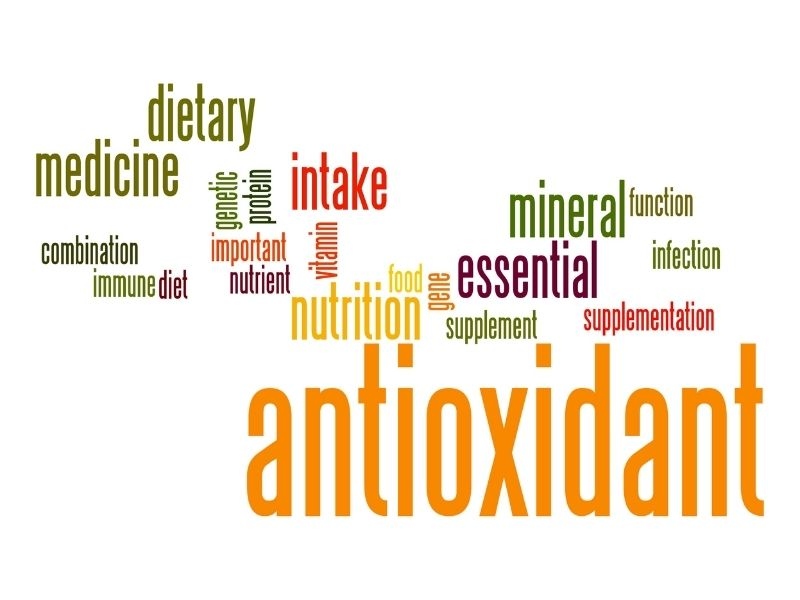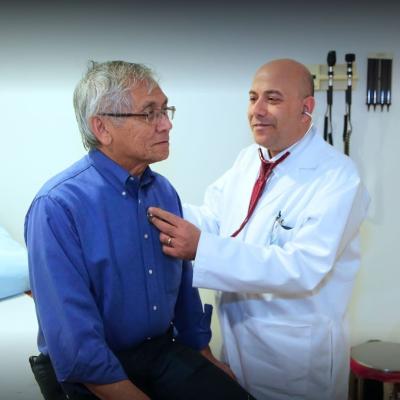Why Antioxidants Are Important for the Elderly
Antioxidants are molecules that are capable of counteracting the harmful, but natural, consequences of the physiological process of oxidation in
animal tissue. Antioxidants are found in a variety of foods and supplements. Antioxidants, like enzymes, are both nutrients and enzymes (proteins in your body that assist in chemical reactions). They are thought to play a role in the prevention of chronic diseases such as cancer, heart disease, stroke, Alzheimer's disease, rheumatoid arthritis, and cataracts, among other things.
Why Antioxidants Are Important for the Elderly
Researchers believe that adults over the age of 65, particularly those who have lowered their dietary consumption, aspirin users on a regular basis, heavy drinkers, smokers, and those with compromised immune systems, may benefit from taking antioxidant supplements on a daily basis. Increased antioxidant levels may be beneficial in the prevention and treatment of heart disease and stroke because they may reduce or prevent the development of arterial blockages, which is a complicated process involving the oxidation of cholesterol. Furthermore, antioxidants may help to prevent the buildup of plaque on the walls of arteries.
Exercise and the Production of Free Radicals
Individuals who are not trained in exercise experience a breakdown in their defenses, resulting in an increase in free radical damage. This means that someone who is primarily inactive during the week but who engages in intensive bouts of activity during the weekend may be doing more harm than good to their health. For this aim, there are a variety of factors that can influence whether or not exercise-induced free radical damage occurs, including the individual's level of conditioning, the intensity of the exercise, and nutrition.
Free radicals are extremely unstable due to the fact that they contain one or more unpaired electrons. They scour your body for electrons to capture or donate, causing damage to cells, proteins, and DNA (genetic material). Oils get rancid as a result of the same oxidative process, and peeled apples become brown as a result of the same oxidative process.
Antioxidant Sources You Should Know About!
Consuming more antioxidants assists the body by providing it with the resources it needs to neutralize potentially dangerous free radicals. According to some estimates, there are more than 4,000 chemicals in foods that are thought to have antioxidant properties. The vitamins C and E, betacarotene, and the mineral selenium are among the most thoroughly researched.










 And then Add to Home Screen.
And then Add to Home Screen.